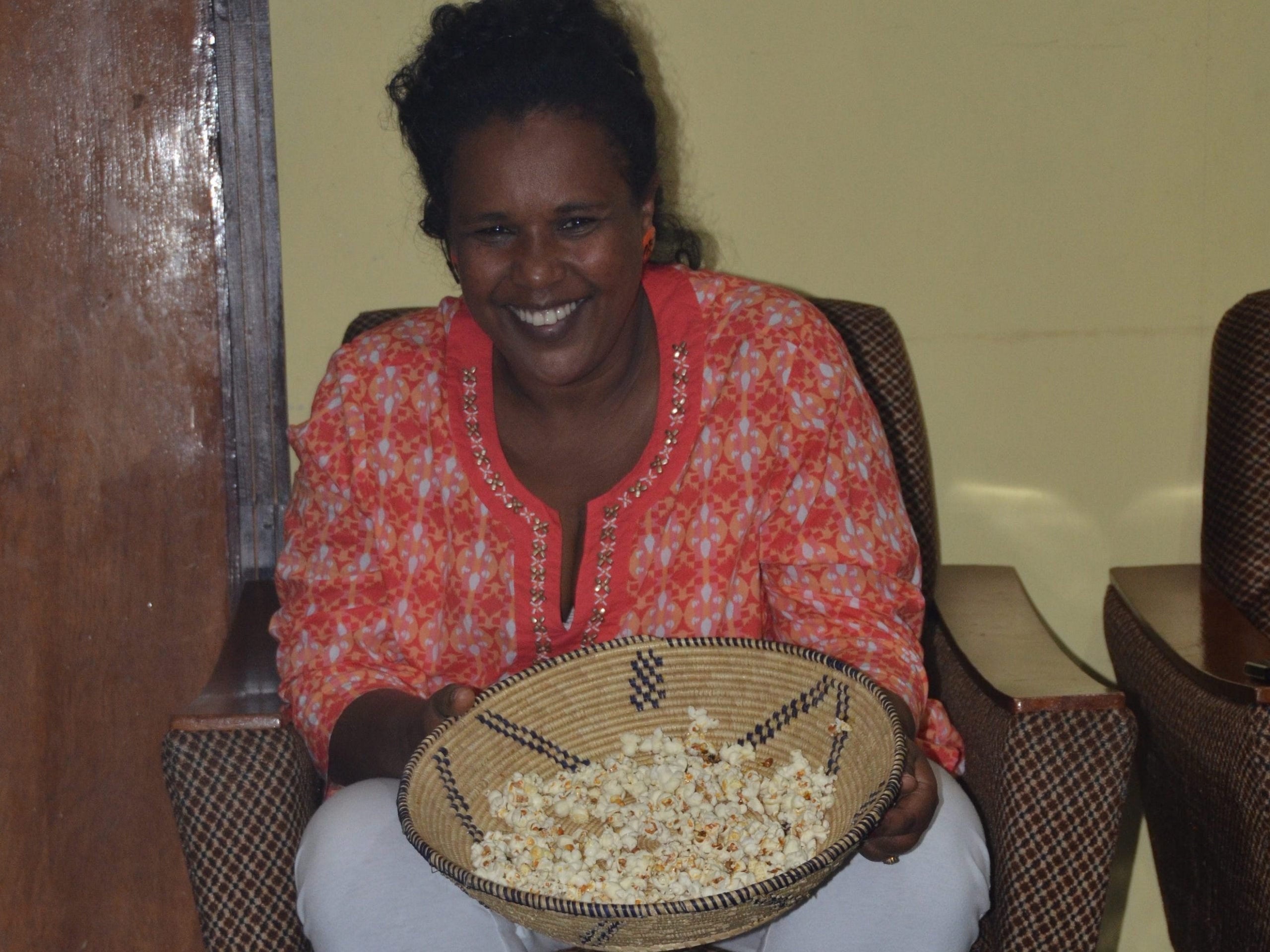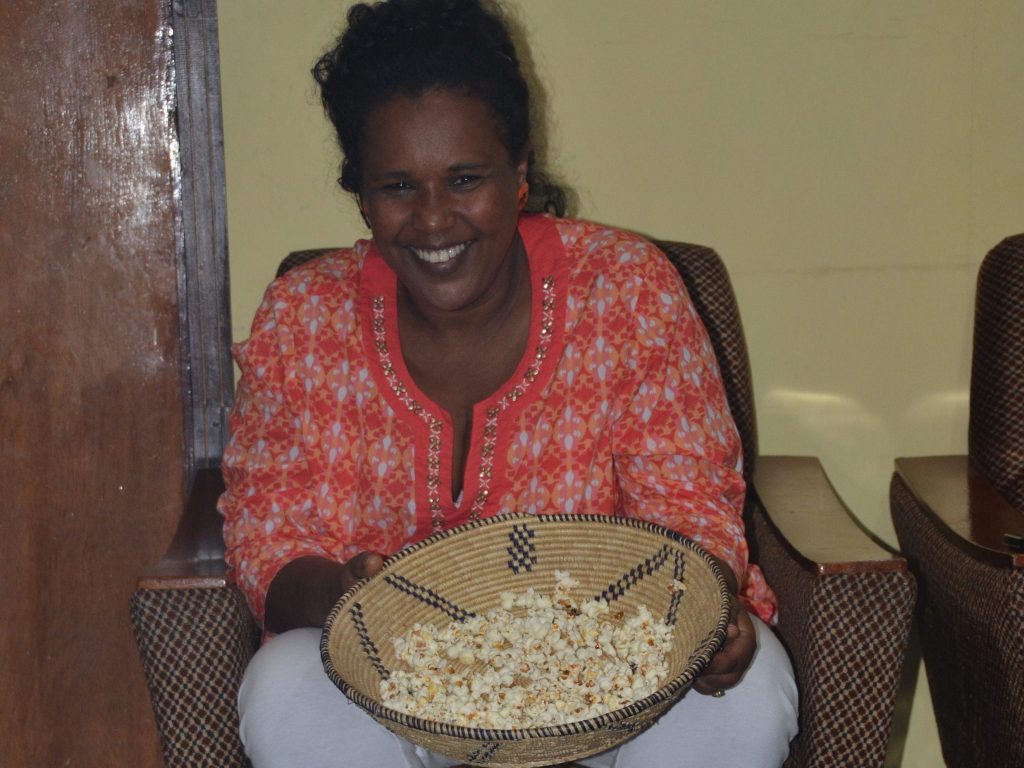
Courtesy of Kim Witt
- My husband and I adopted two boys from Ethiopia 10 years ago.
- Birtukan helped navigate those first days when we couldn't even communicate in the same language.
- She mothered my children, and she also mothered us as new adoptive parents.
- Visit Insider's homepage for more stories.
"We're clueless," I whined to my husband in between heaves as I vomited the morning I became a new mother. "We don't even speak the same language. If I feel this panicked, imagine how they feel."
We were in Addis Ababa, Ethiopia, preparing to become first-time parents to 7- and 8-year-old sons. And I was throwing up in a stranger's toilet.
When my husband and I prepared for our first trip to Ethiopia, our adoption agency provided us with a list of guesthouses to choose from. Perhaps because we liked the name, we ended up at the Family Morning Coffee Guesthouse, Birtukan's house. We knew we made the right decision from the moment we stepped into her front door and were welcomed like family.
Jet-lagged and shell-shocked, we brought our gap-toothed, bright-eyed sons to Birtukan's house from the orphanage, and the misadventures began.
It was quickly clear we hadn't brought enough properly sized clothes, so Birtukan rescued us with ample hand-me-downs from her own children. Aside from two stuffed animals (still loved by my sons nearly 10 years later), we packed little that interested them. Instead, Birtukan's courtyard and a worn-in soccer ball entertained during long afternoons.
She invited me into her kitchen for instructions on making my sons' favorite Ethiopian dishes like shiro wat with injera, and at every meal, she made sure they were well fed.
Her laughter and prayers were the soundtrack to our first family days
When our sons tried to communicate with us, Birtukan translated. During that first afternoon, they had a request. Our feeble knowledge of Amharic and awkward sign language attempts were futile, so we asked Birtukan. It was nap time at the orphanage, and they wanted to rest.
It wasn't a secret to anyone that all of the parenting books and training in the world wouldn't have prepared us for the realities of being thrown face-first into parenting, so Birtukan parented. All of us. She disciplined my sons in her swift-tongued Amharic, and she gave us adults much-needed direct orders, too.
On the night before our flight to America, one of our sons faced a terrifying medical emergency. The next morning was a flurry of hospital visits, scans, and worries. And there was Birtukan, praying over us, comforting us, and managing the details.
I can't think of that first week without remembering the rich smells and boisterous sounds of my friend's home.
She recently died from COVID-19
Recently that beautiful friend died from COVID-19 at the age of 55. She had not yet been able to receive her vaccine.
According to data from Reuters, about 1.3% of the population in Ethiopia has received full vaccination compared to 58.3% of the population in the United States. In the meantime, an August survey showed 19% of eligible Americans still don't want the vaccine.
Of course, those unused doses can't be automatically shipped to countries like Ethiopia, where people would be desperate to put them to use. That's not how it works. But it does, once again, point to worldwide disparities.
Or, as my son succinctly stated, "Birtukan's death is so unfair."
But her legacy continues
Various retellings of our family's story of care and compassion have been repeated in a Facebook group honoring her. Hundreds of adoptive families were fed, clothed, and loved by Birtukan. These adoptive families weren't the only ones.
In 2001, Birtukan and her husband founded Yezelalem Minch ("everlasting spring" in Amharic), a nonprofit that meets the basic needs of vulnerable Ethiopian children while supporting their guardians.
In addition to her own children and husband, Birtukan leaves behind thousands of children, including mine - children who sat at her table, read her books, wore her clothing, and received her unconditional, transformative love.
